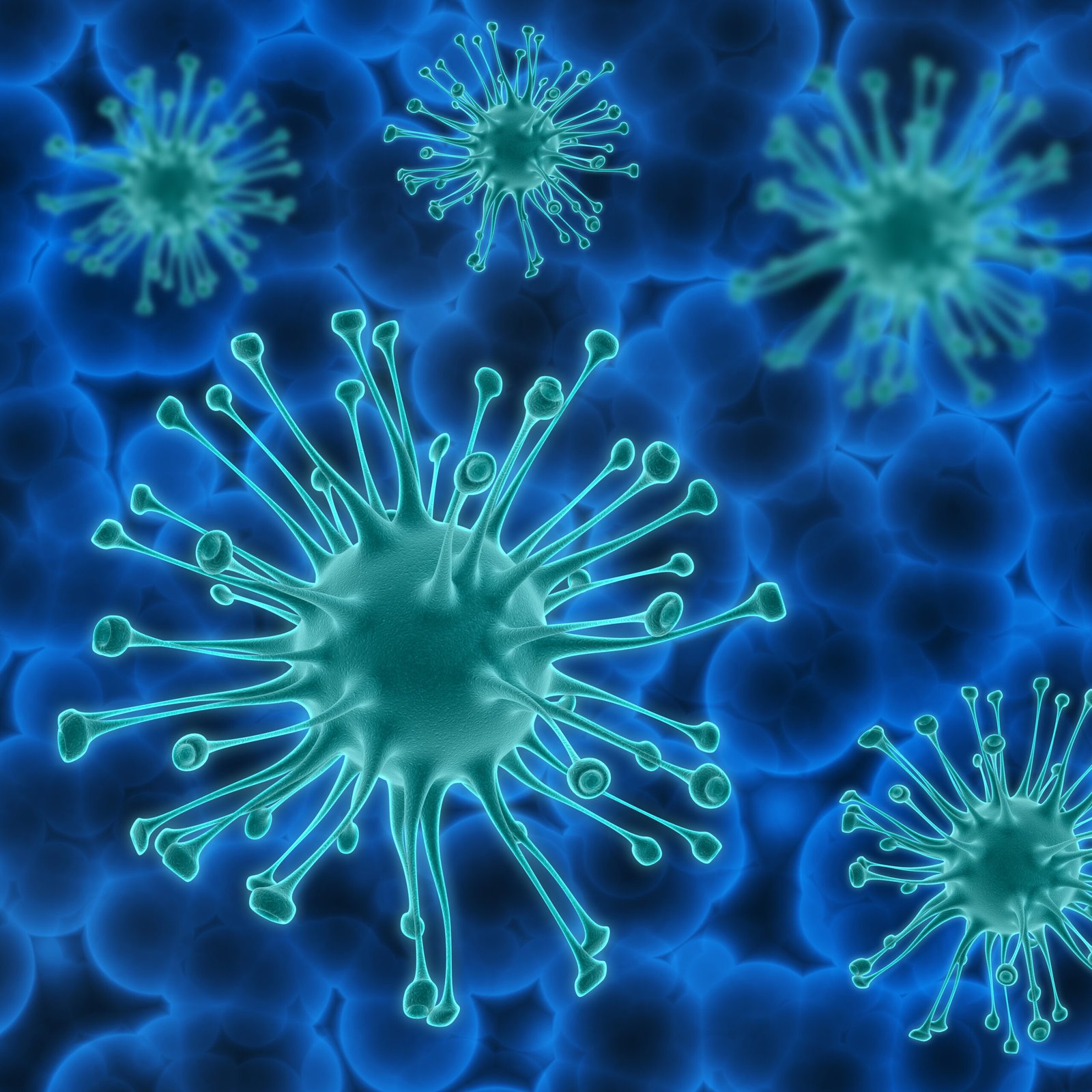Foreign animal diseases pose a significant threat to global swine production, with severe economic consequences. Researchers at the University of Illinois Urbana-Champaign have secured a three-year, $650,000 grant from the U.S. Department of Agriculture (USDA) to create sensitive, rapid, low-cost, and portable biosensors aimed at enhancing on-farm detection and surveillance of African swine fever virus (ASFV).
ASFV is a large DNA virus that leads to lethal hemorrhagic fever in pigs, spreading quickly and causing high mortality rates. Currently, there is no effective vaccine or treatment, and traditional detection methods often rely on costly offsite laboratory tests that are time-consuming—delaying crucial disease mitigation efforts.
“This virus is a critical concern as it has already devastated swine populations in other countries, often killing pigs within 7 to 10 days,” said Ying Fang, professor of pathobiology at the College of Veterinary Medicine. “With a portable biosensor, we can swiftly detect ASFV-infected pigs in the field, allowing for immediate control measures.”
Fang collaborates with Brian Cunningham, the Intel Alumni Endowed Chair of Electrical and Computer Engineering, who has extensive experience developing nanotechnology-based biosensors for cancer and infectious diseases. “We have been refining our biosensor technology for nearly a decade, mainly focusing on human diseases. When this USDA funding opportunity arose, Professor Fang encouraged us to apply,” Cunningham explained.
Funding for the project commenced on September 1, backed by the USDA National Institute of Food and Agriculture’s Nanotechnology for Agriculture and Food Systems program. Over the next three years, the research team will leverage genomics and proteomics to identify specific viral nucleic acid sequences and proteins for ASFV detection. Fang’s group will develop laboratory methods for ASFV detection, which will be integrated into Cunningham’s portable biosensor devices.
Given the need for specialized facilities to work with live ASFV, the team will collaborate with Jishu Shi, a vaccine immunology professor at Kansas State University, which is equipped with the necessary biosafety level 3 facilities.
“This grant signifies a new research direction for the Center for Genomic Diagnostics at the Carl R. Woese Institute for Genomic Biology,” Cunningham noted. “We’ve primarily focused on human health and sensing technologies, but this project uniquely combines veterinary medicine and innovative engineering.”
Fang added, “I hope this collaboration emphasizes the importance of veterinary medicine and fosters more interdisciplinary partnerships, leading to advancements in technologies for livestock health.”
Date: 17th Oct,2024
Source:Carl R. Woese Institute for Genomic Biology, University of Illinois at Urbana-Champaign




